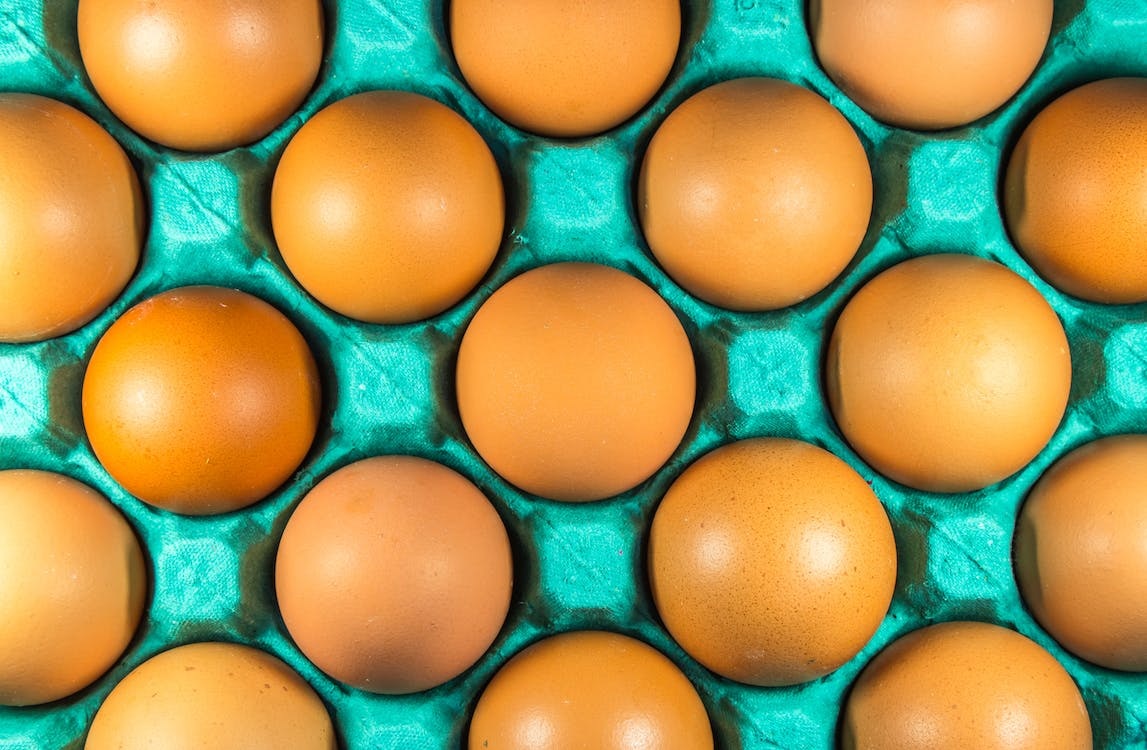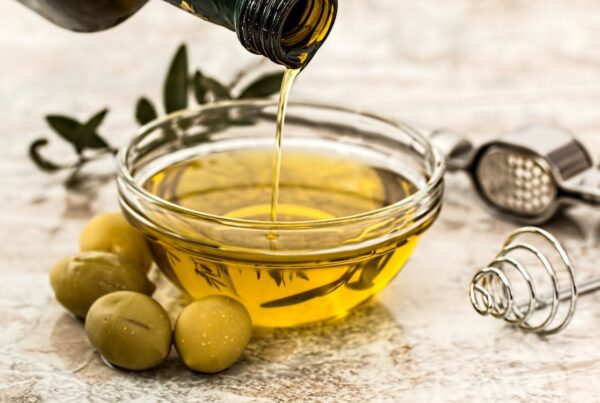What does it mean to be kosher certified in a nuts-and-bolts setting? What has to change in order for a food manufacturing facility to meet Kosher certification standards? Kosher certified products are the outcome of a manufacturer following all the requirements set forth by their Kosher inspection partner and the Rabbi who heads the team.
Certified Ingredients
Kosher certified foods must be manufactured with Kosher ingredients. Let’s use bread as an example. If your bakery uses Kosher flours, yeast and salt, you’re ensuring that everything going into each loaf of bread is Kosher. In most industries, food manufacturers shouldn’t have any trouble sourcing Kosher ingredients. In some cases, certain ingredients may be hard to source as Kosher. In such scenarios, we work with our clients to ensure they can secure Kosher ingredients.
Dedicate Kosher Facility vs. Segregated Kosher Area
Ideally, you’ll be manufacturing in a facility that is completely Kosher certified. Meaning, only Kosher products are manufactured onsite. However, in some cases, facilities can choose to have a Kosher certified area (meaning that all ingredients, machinery and workers in that area are following Kosher procedures) separate from your non-Kosher manufacturing areas. These considerations are one of the points you’ll work on with your Kosher certification agency.
End-to-End Documentation
Maintaining Kosher certification requires that you keep proper documentation regarding the ingredients that you use, the products that you manufacture and copies of your labels bearing the Kosher symbol.
Hopefully this quick walk-through helps you understand some of the ways that the laws of Kosher translate into real-world Kosher food manufacturing. If you have any questions about the specifics of your manufacturing processes, please get in touch. We pride ourselves on providing ultra-responsive customer service and affordable and accepted Kosher certification.





